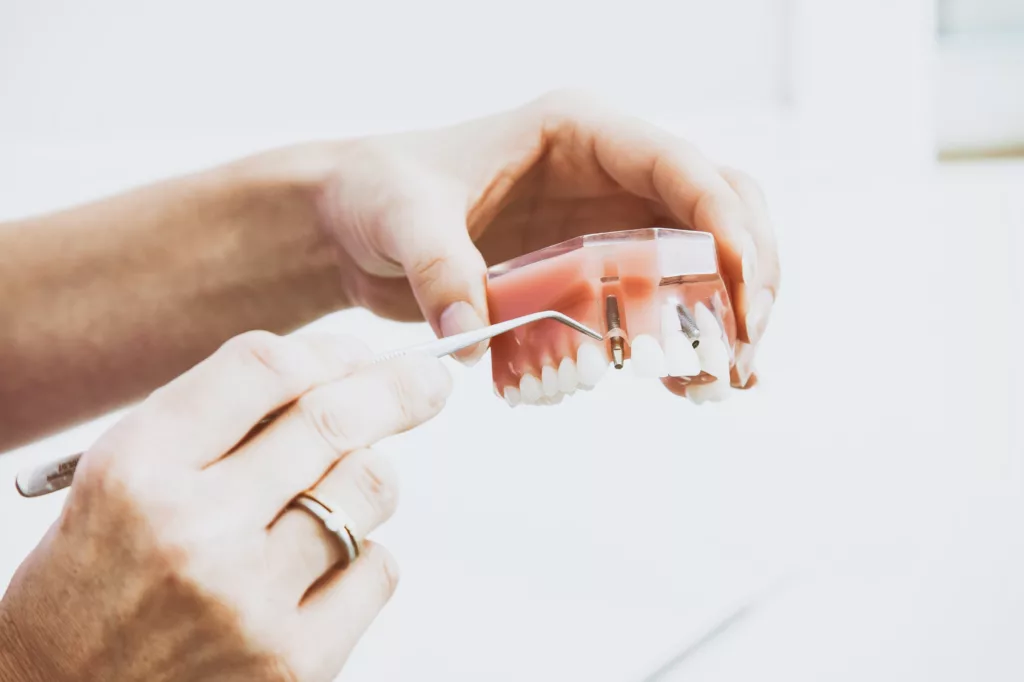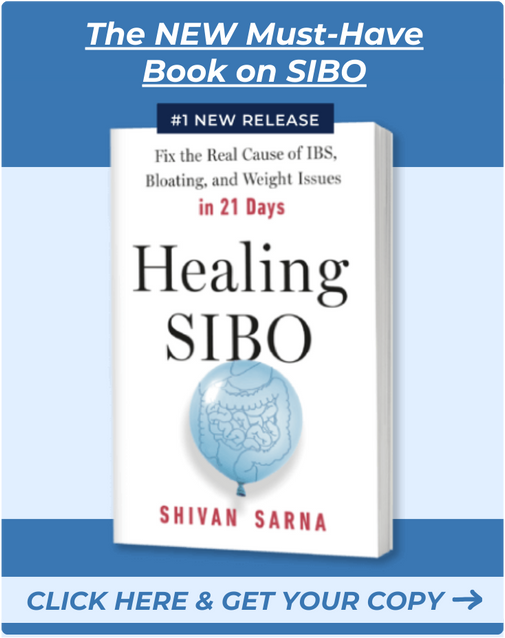Biological dentistry, often referred to as holistic dentistry, is a patient-centric approach to oral healthcare. It focuses on how your oral health affects your whole body while providing dental care.
Different Treatment Methods
Biological dentists perform many of the standard dental procedures, but their approach differs significantly as they prioritize materials and methods that are the least toxic and invasive as possible.
Mercury-Free Fillings
Biological dentists perform fillings, but they steer clear of dental amalgam, also known as mercury fillings or silver fillings. Instead, they opt for mercury-free composite materials for dental restorations.
Along with this, preventing fillings is just as important to them as treating them. They frequently employ lasers as a less invasive alternative to traditional drilling, reducing trauma, discomfort, and promoting accelerated healing. This approach minimizes the removal of healthy enamel.
Root Canal Treatment
Biological dentists prioritize avoiding root canal treatment whenever possible. In cases where it becomes necessary, they often use non-toxic ozone therapy to cleanse the canals, preserving the tooth’s structure. Laser technology is commonly used instead of scalpels for minimal pain and damage. In some situations, extraction followed by implantation is preferred over root canal therapy due to its potential for long-term effectiveness.
Dental Implants
While traditional dentists frequently use titanium dental implants, biological dentists opt for biocompatible zirconia implants. These implants integrate well with the jaw and eliminate the risk of allergic reactions, providing a safer and more harmonious solution.
Gum Disease Treatment
Biological dentists prioritize the least invasive and least toxic options for gum disease treatment. Ozone therapy is a preferred choice for eliminating pathogenic bacteria and reducing inflammation. When surgical intervention is necessary, lasers are used over scalpels to accelerate healing and minimize discomfort.
Cosmetic Dentistry
Biological dentists are also committed to enhancing both the health and aesthetics of their patients’ smiles. They offer non-toxic and advanced cosmetic treatments such as invisible braces, veneers, and tooth whitening, but continue to emphasize a holistic approach and nontoxic materials while doing so.
Low-Radiation X-Rays
While biological dentists also use X-rays when needed for diagnosis, they utilize machines that emit only minimal levels of radiation, such as digital X-rays, for the most patient safety.
Proper Nutrition
Biological dentists acknowledge the importance of nutrition in maintaining oral health. They recognize that certain dental issues may require improved nutrition or supplements to promote oral health and the natural remineralization of weakened teeth. Traditional dentists don’t often advise on diet or supplements.
Advantages of Biological Dentistry
Biological dentistry offers many advantages:
- Prevention over solutions: biological dentists often prevent dental issues before they escalate, saving patients time and money
- Healthier materials: biological dentists stick to materials that won’t later require removal and are less toxic for our bodies
- A more cautious approach: if a biological dentist can help you avoid procedures like crowns or root canals and opt for a more conservative treatment, they’ll do so!
- Full body understanding: biological dentists take the time to get a feel for the picture of your overall health to better inform their decisions as your dentist.
This comprehensive approach not only ensures a healthy and beautiful smile but also offers potential long-term financial savings and a better patient experience. Biological dentistry is unquestionably worth exploring for those seeking a well-rounded, health-conscious approach to dental care.
If you’re interested in learning more about biological dentistry, check out our Whole Body Dental Rescue Summit, a summit bringing together 19 oral health specialists for 21 classes on how to take control of your oral health to heal your entire body.
If you’re struggling with autoimmunity, digestive issues, fatigue, and more, you may be surprised to find out the oral microbiome is often overlooked, but it’s a vital component to overall wellness and solving these uncomfortable conditions. Nearly 50% of Americans over 30 have some form of periodontal (gum) disease. Add in previous root canals that can harbor bacteria, titanium implants, and mercury amalgam fillings… and it’s a recipe for disaster, even if you see your dentist several times a year!
Studies reveal that oral health is connected to a whole host of diseases and conditions. If you’re worried about cancer, Alzheimer’s, heart disease, or gut and brain health, it is essential that you investigate the health of your mouth and dental hygiene.
You’ll learn about…
- Dental interferences: what are they and how to resolve them
- Chronic inflammation and toxicity in the mouth
- Sinus and oral bacteria
- How toxins like Glyphosate affect the oral microbiome
- Oxygen and ozone therapy in dental care
- The mouth-total body connection
- Craniosacral therapy as support
- The shocking truth about plaque
- How your amalgam fillings could be making you sick
- The cancer and oral microbiome connection












